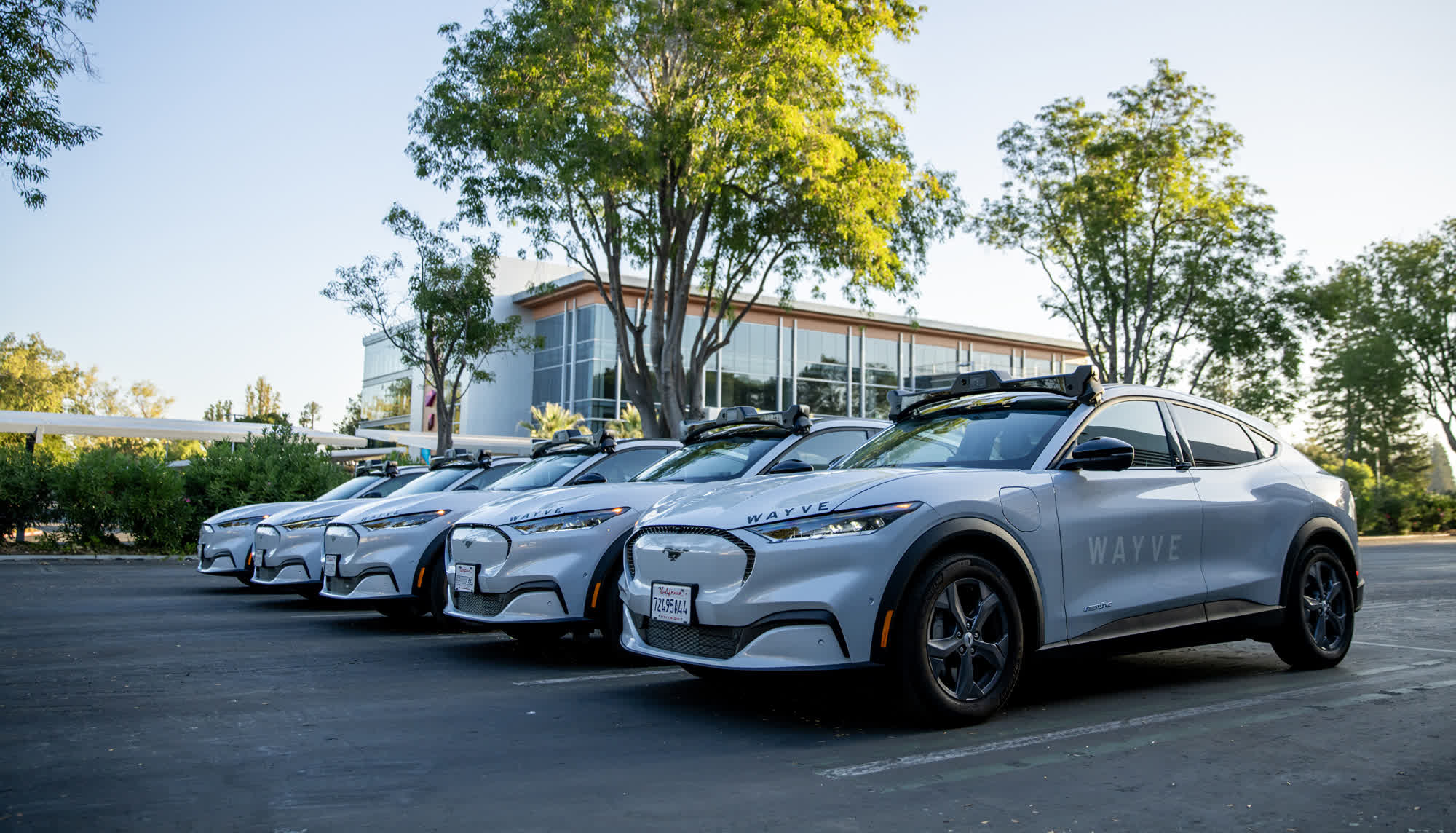Why it matters: Robotaxis have been in testing across the US for years, but they have yet to go mainstream. Efforts by various companies have stalled due to accidents, legal hurdles, and widespread public skepticism. Now, one US firm is partnering with a UK technology provider to push ahead with international trials.

Wayve has announced a partnership with Uber to bring autonomous ridesharing to the UK. The pilot follows the passage of Britain's Automated Vehicles Act (AVA), which legalizes the commercial use of self-driving cars. Initially set for 2027, the law has been fast-tracked to spring 2026, prompting both companies to accelerate deployment plans.
Wayve CEO Alex Kendall called it a "defining moment."
"This is a defining moment for UK autonomy. With Uber and a global OEM partner, we're preparing to put our AI Driver technology into real service on the streets of London, delivering on our AV2.0 vision for scalable autonomy," Kendall said.
The press release offered few details about the pilot, but a Wayve spokesperson told TechCrunch it would begin in central London and gradually expand to greater London and beyond. Of course, these plans depend on securing regulatory approval by proving the rides are safe.
Wayve claims to have one of the safest autonomous systems in use today. Its lidar-free AV2.0 technology can reportedly control any car on any road without prior mapping. To prove it, the company launched its "AI-500 Roadshow" earlier this year, aiming to demo the tech in 500 cities by the end of 2025. Although it has only reached 90 cities in as many days – a pace putting it way behind schedule – Wayve says it has already completed successful tests in Asia, Europe, and North America, all without mapping (above).
TechCrunch notes that Uber invested an undisclosed amount in Wayve last year, aiming to pair its dominant ridesharing network with Wayve's autonomous driving technology. Details about the test fleet – its size or vehicle models – remain unclear, though Wayve has previously expressed interest in partnering with Nissan. Uber is optimistic that the partnership could open the door to similar prospects beyond the UK.
"We're excited to take the next step in our journey with Wayve, bringing autonomous mobility to one of the world's busiest and most complex urban environments," said Uber President and COO Andrew Macdonald. "Our vision is to make autonomy a safe and reliable option for riders everywhere, and this trial in London brings that future closer to reality."
The British government is equally optimistic about the program's potential. Transport Secretary Heidi Alexander praised the fast-tracking of the AVA and estimated that the testing phase alone could create 38,000 jobs and add £42 billion to the UK economy.
Of course, launching a pilot program is only the first step. As Britain's first potential robotaxi service, Uber and Wayve will face a lot of the same hardships that US providers have dealt with – primarily safety and trust concerns.
Robotaxis coming to UK streets in 2026 as Wayve and Uber team up
